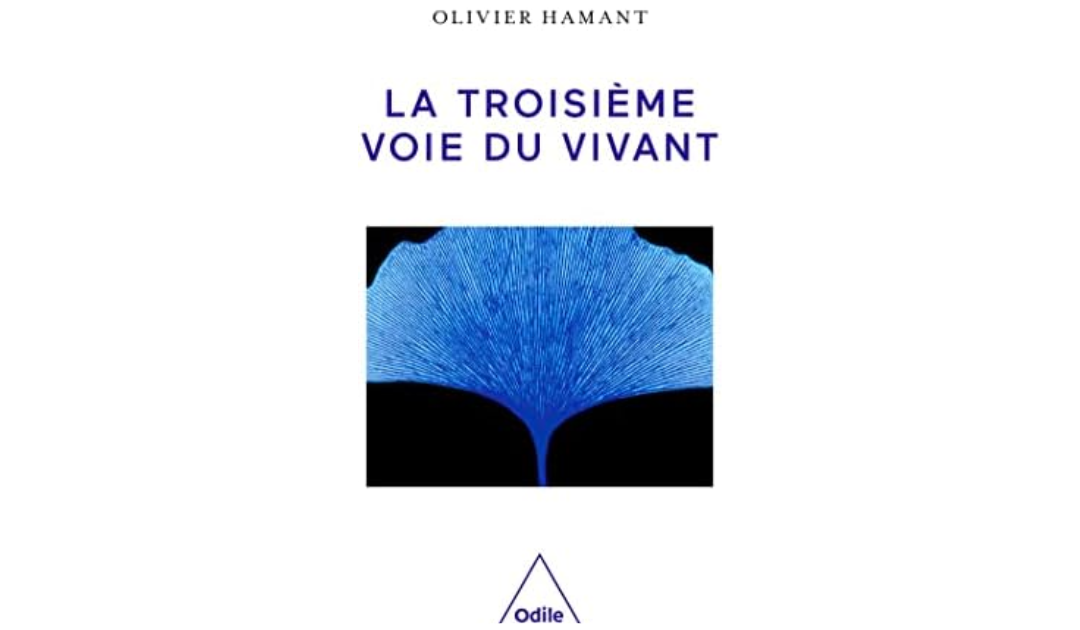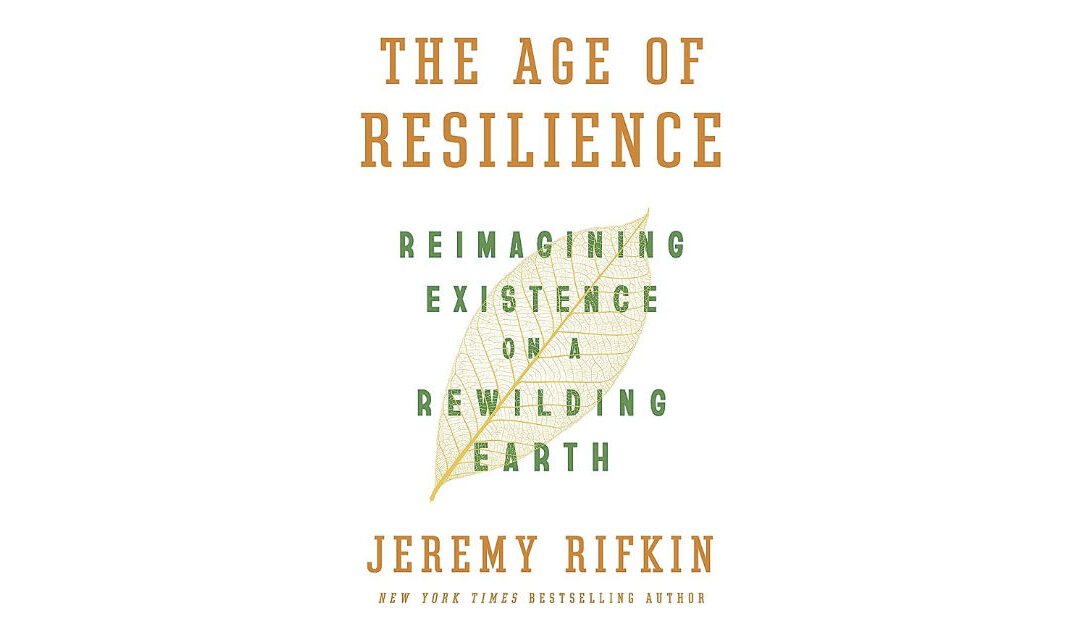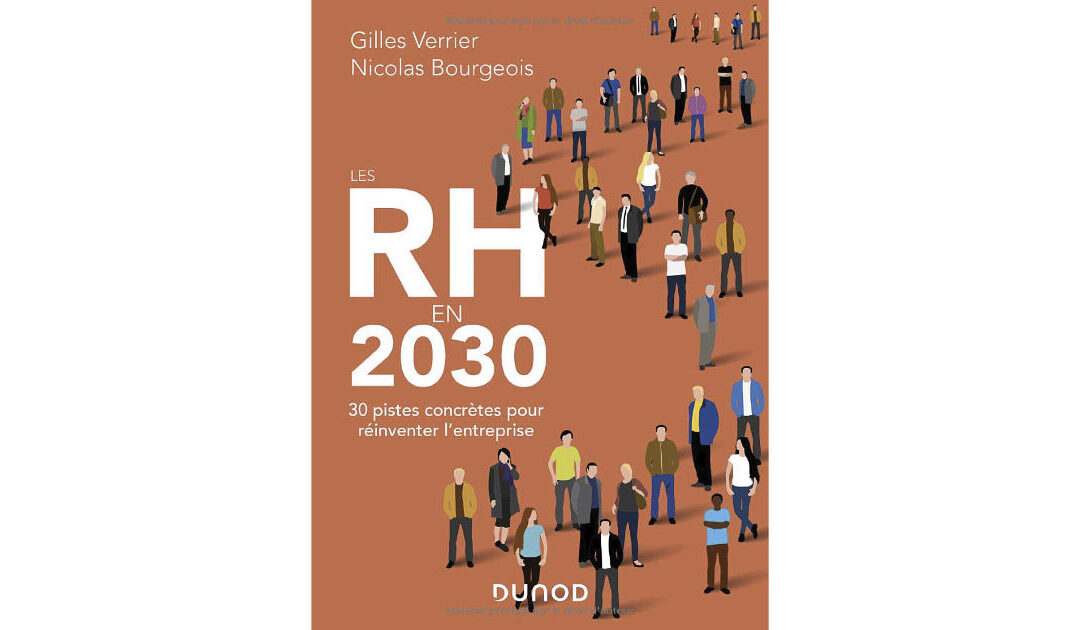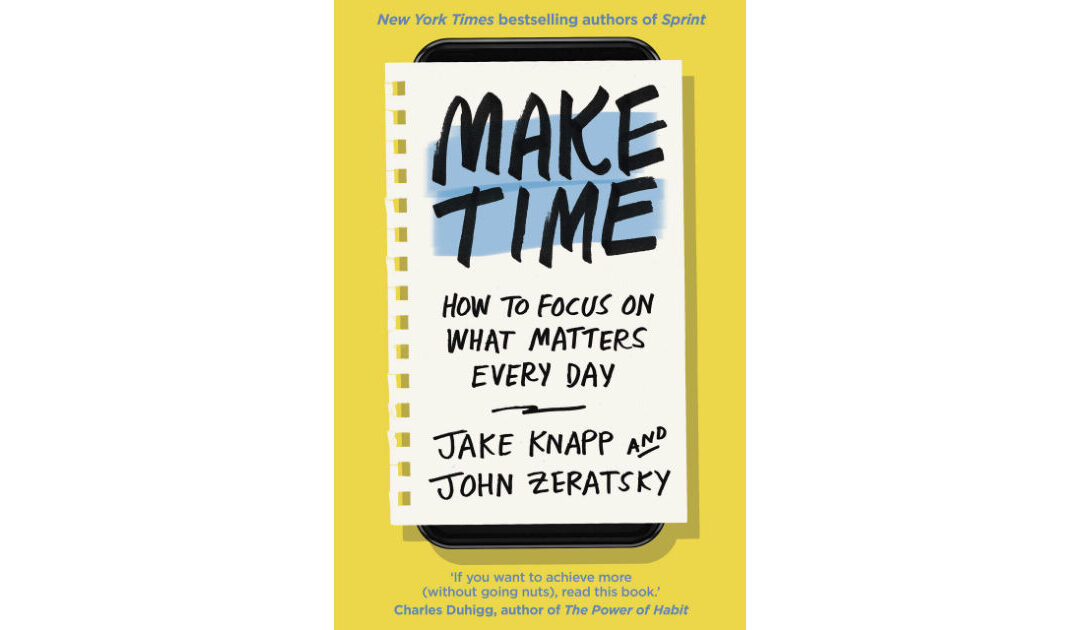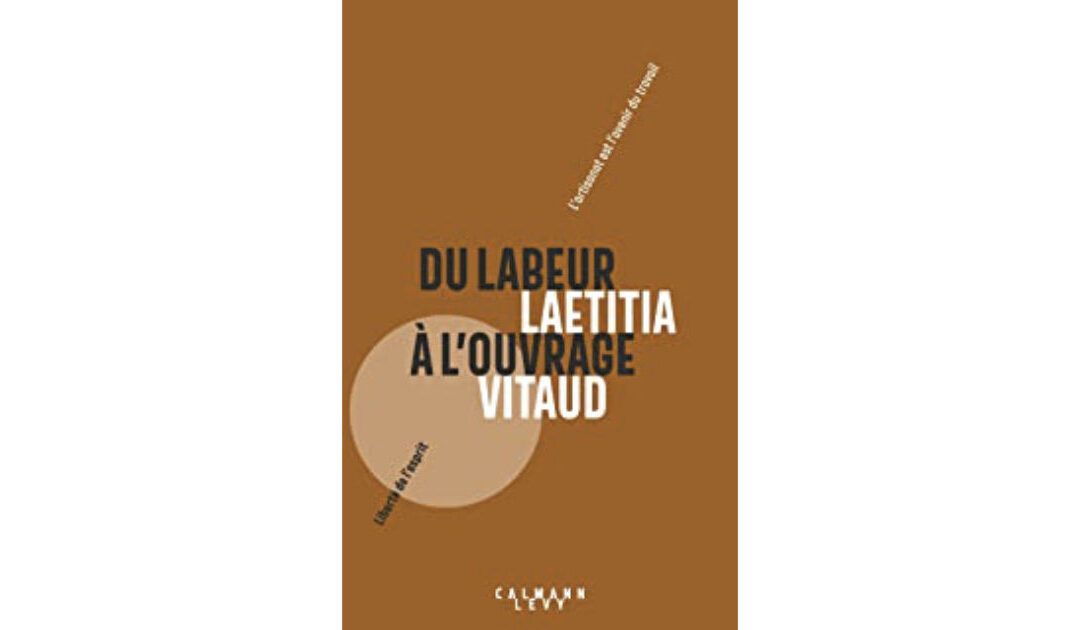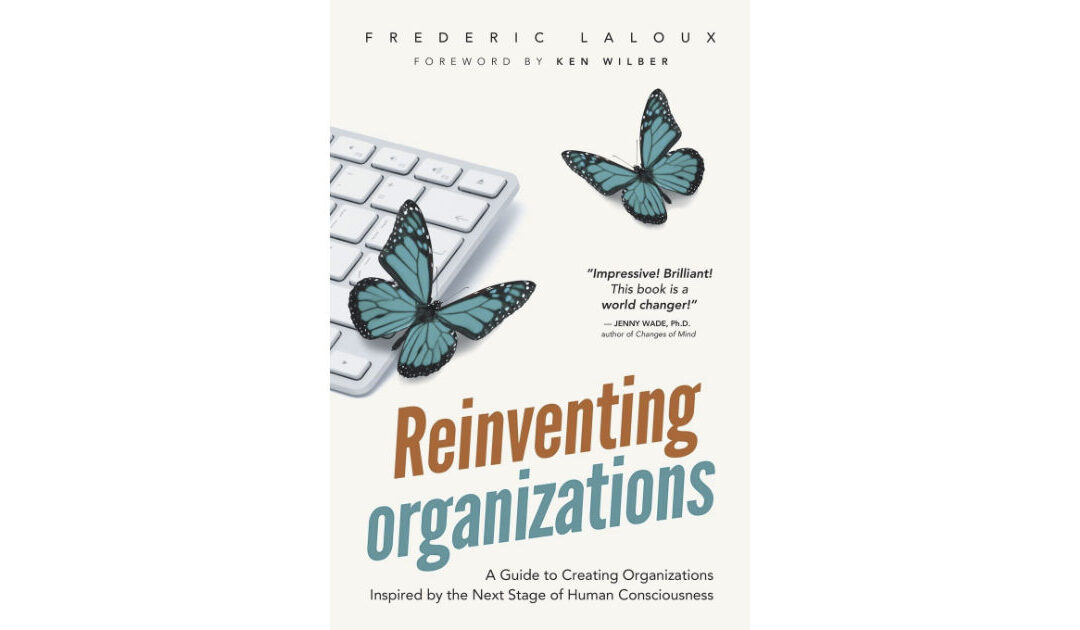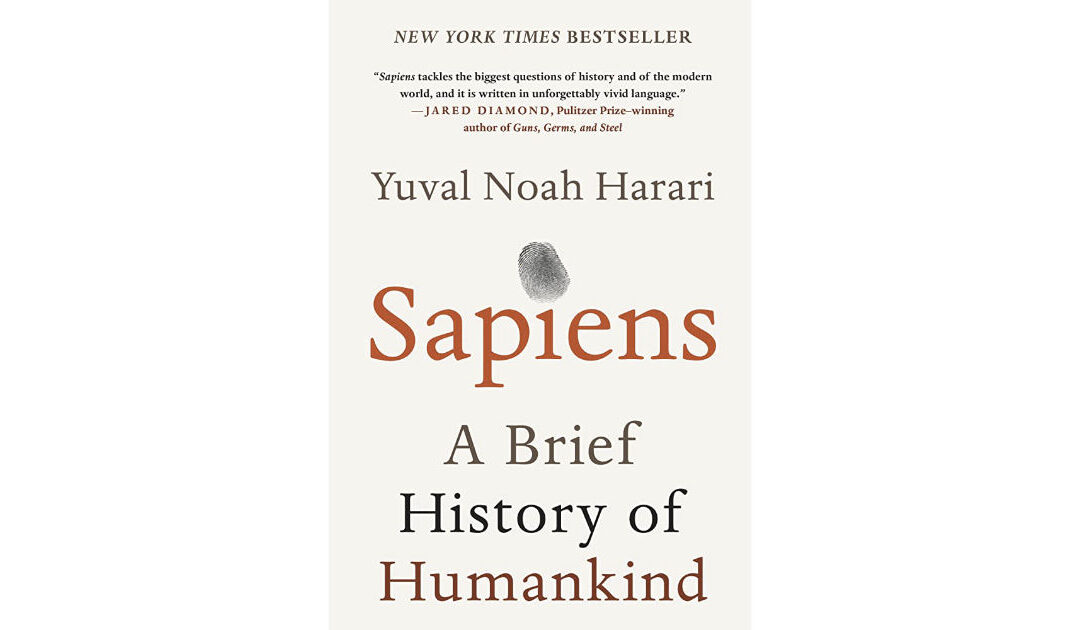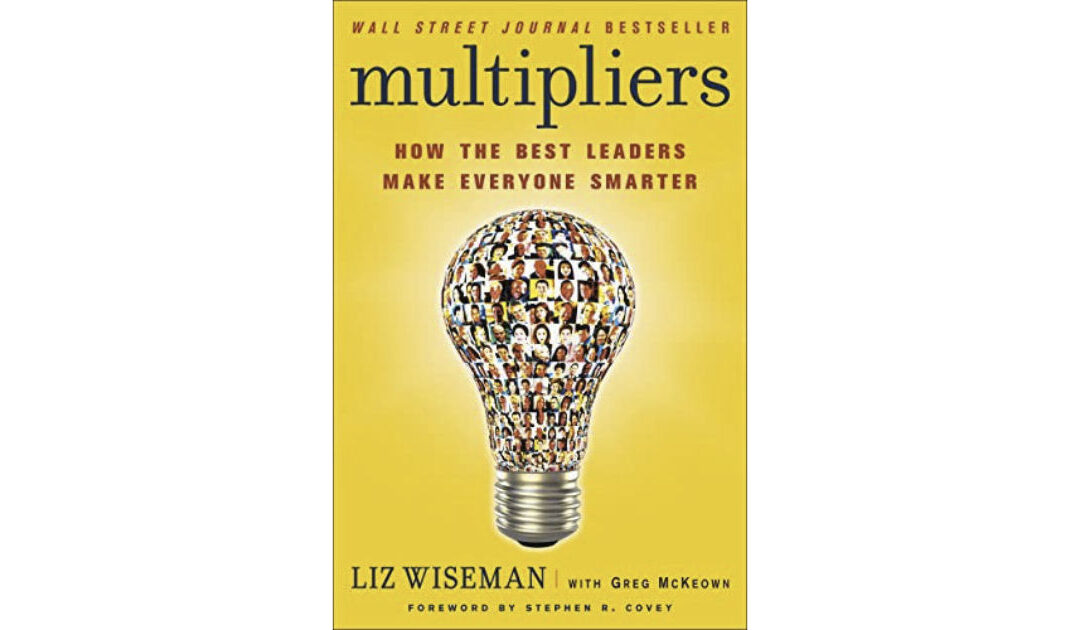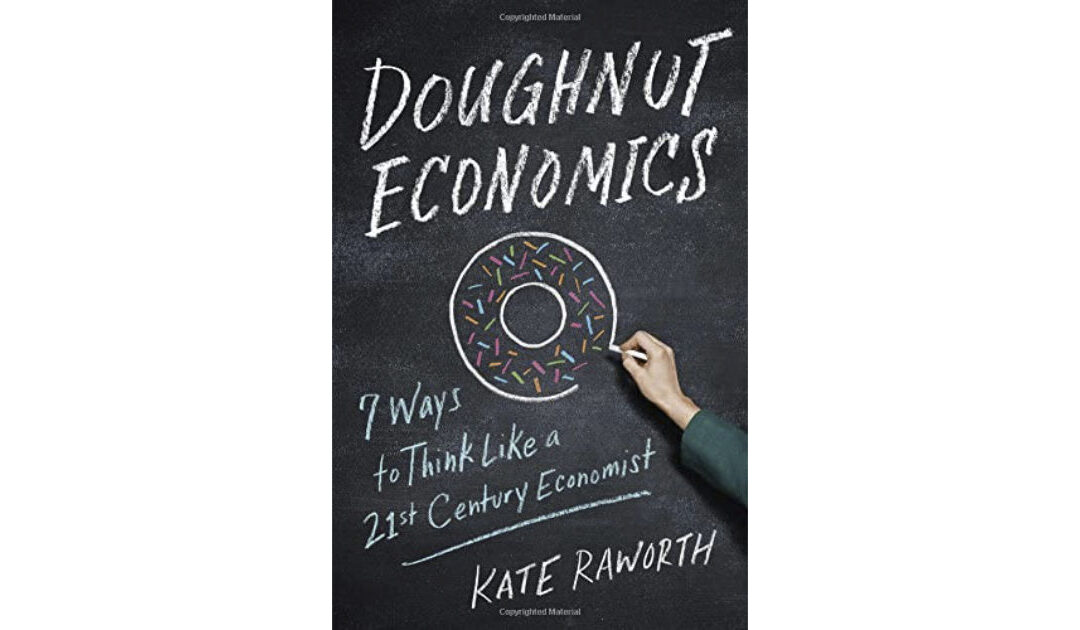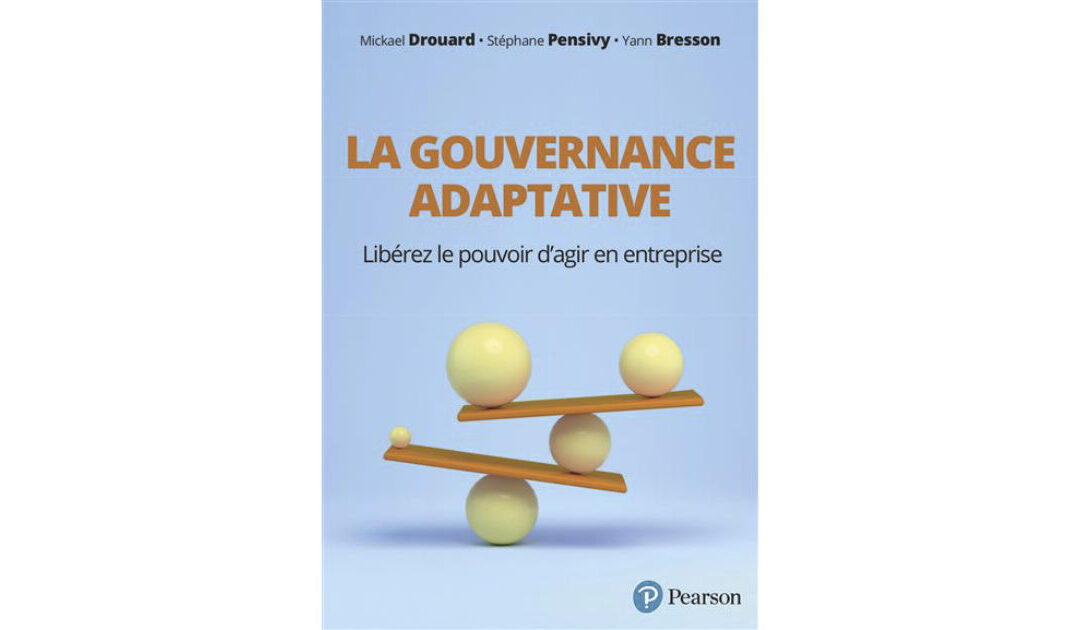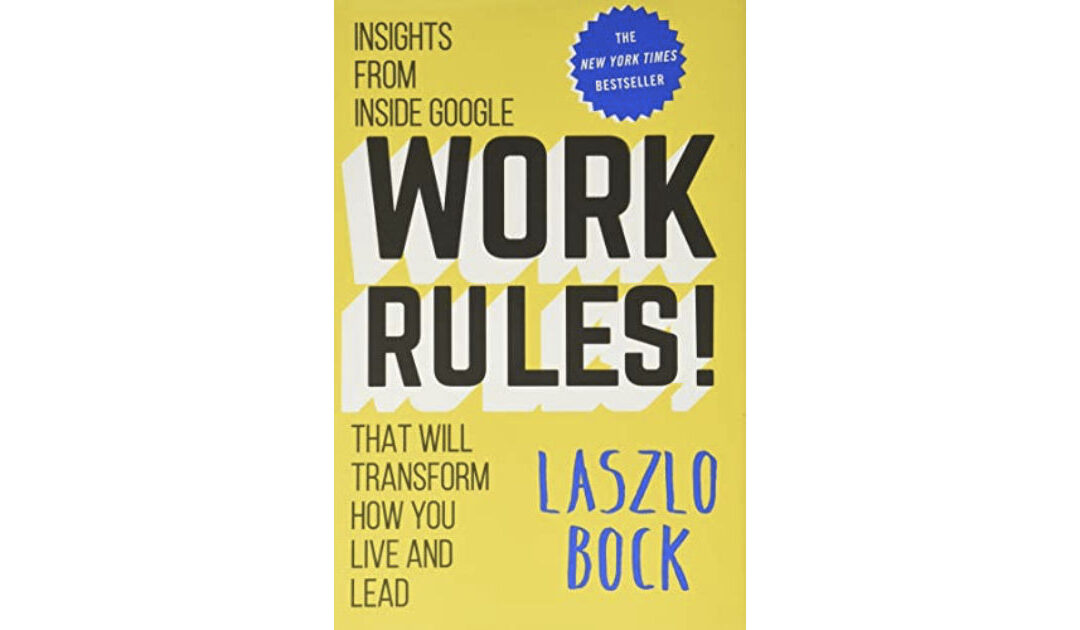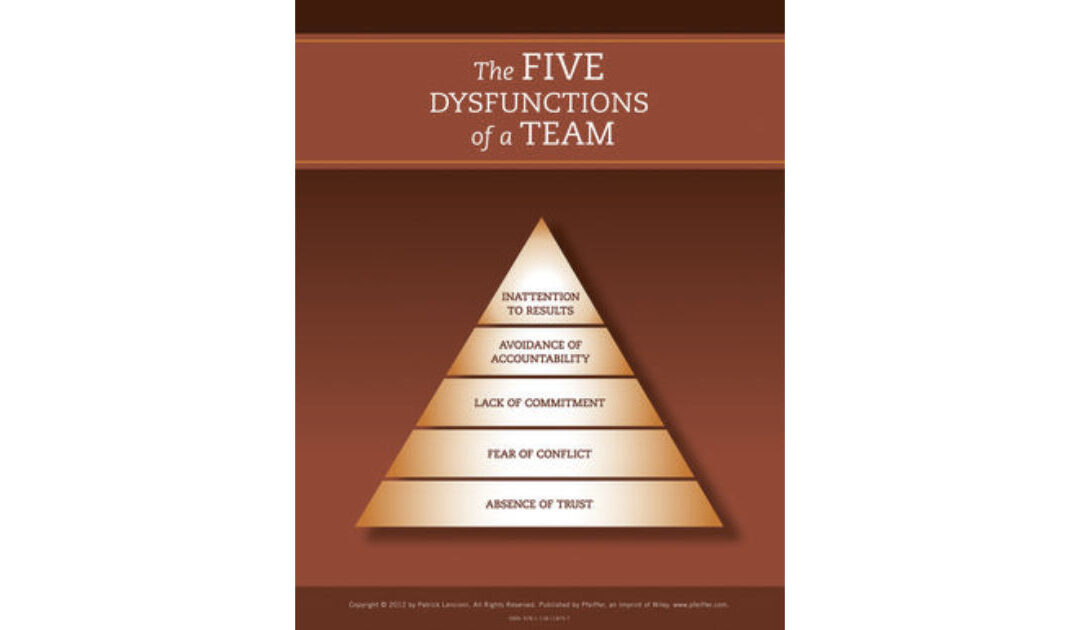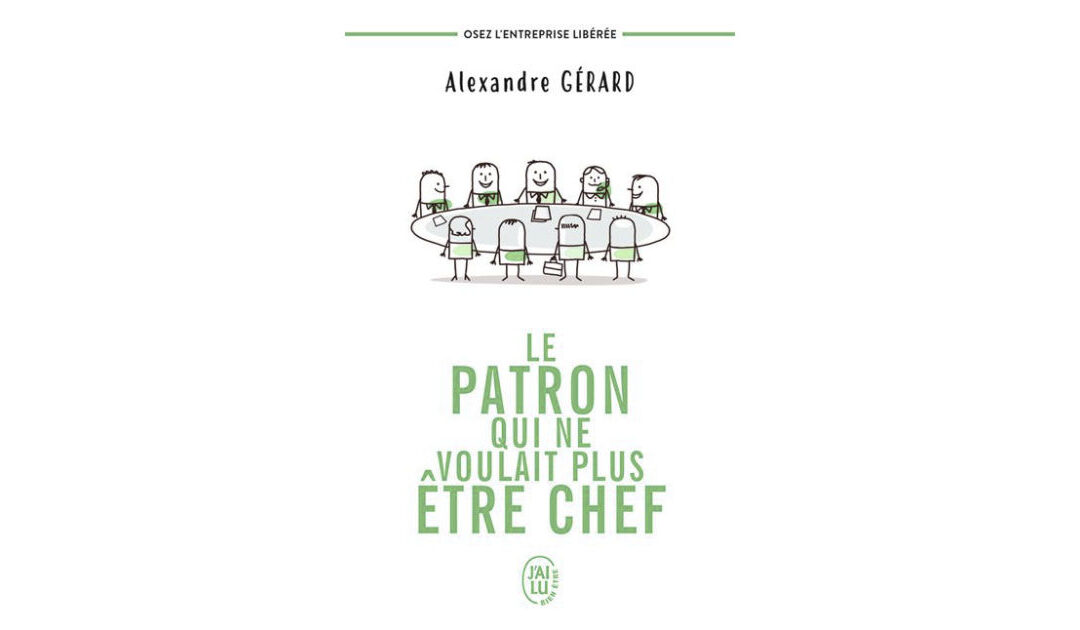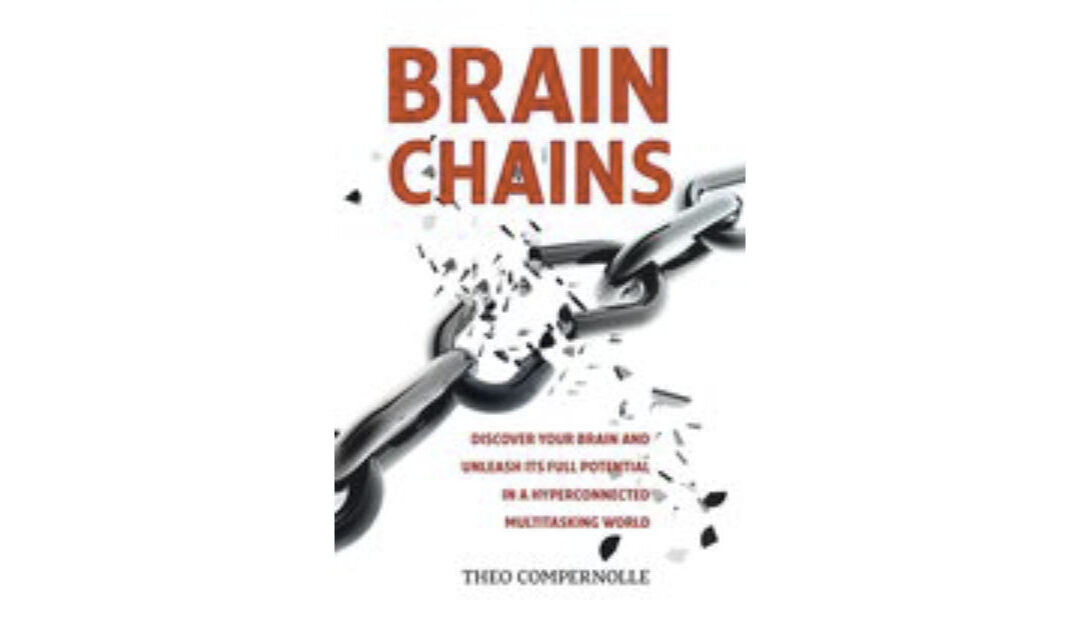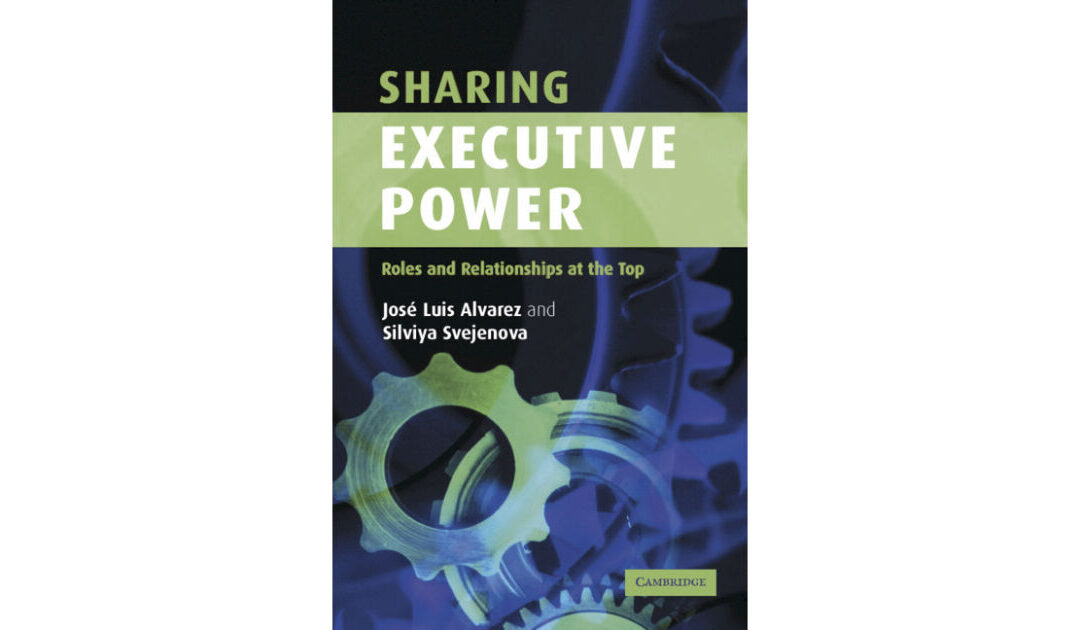How many employees have not cursed at times the rules or decisions imposed, for which nobody is responsible and behind which some hide? These decisions, reactions or attitudes turn out to be absurd and unsuited to the situation, leading to disengagement and a sense of disempowerment of the employee.
Gone are the days when employees carry out their activities in accordance with procedures and standards, based on an order or instruction. Faced with the new economic and societal narrative, HR must promote and embody a culture of autonomy, critical thinking and innovation. A culture that encourages local decision-making in the service of the common project.
Starting with HR processes.
The company, a living organism in complete metamorphosis
Societal, economic and environmental transformations are echoed at the heart of the company. Putting aside the myth of infinite growth, the company aims to create value for the environment, for society and for all its stakeholders. On the employees’ side, the relation to work is also changing: employees are looking for a job that allows them to develop at the pace of their life phase: security, work/life balance, contribution, all essential elements in the relationship to work. A job where autonomy goes hand in hand with pleasure, development, contribution and fulfilment.
Co-opting the spirit of the rules
To meet the challenges of the company, our organisations now need employees who are capable of showing initiative, creativity and critical thinking. However, by dint of rules, instructions and controls that we reinforce at the slightest problem, organisations are unwillingly fostering a climate that is not favourable to autonomy. The abuse of rules, reinforced by a culture of “who’s to blame”, has the effect of inhibiting the empowerment of employees and managers. And that’s a disservice to the company!
In response, the company has no choice but to put the decision-making centres back in the hands of human-sized teams. Autonomy that respects the collective, the ability to govern oneself within the common space, emerges as the major challenge for companies. It’s a question of encouraging and equipping everyone to show discernment and initiative in the light of the diversity of local problems, to provide answers that make sense on the field, at the pace of the business and in line with the project and the values of the collective.
The culture shifts from “how to do things” to “why“, a culture based on the power of proximity, where the spirit of the rule and the common good is shared, integrated and co-opted. A “Glocal (1) ” culture that reconnects with the human scale, that positions people management as a collective team responsibility, within a more global challenge. This is a profound change, leaving the means of action in the hands of employees who are enlightened about the collective challenge.
HR must take on the role of guardian of the culture of critical thinking and the principles of subsidiarity and autonomy. These are the values which, over and above the rules of the game, should enable meaningful decisions to be taken, close to the teams and their working reality.
Start with HR processes
What if HR started by tending its own garden? Because people management policies will bring solutions or frustrations depending on the values conveyed and the extent to which teams take responsibility for decisions.
Human Resources were created to manage the resource in the mass. Their mission being to create this collaborative framework that enables the company’s project, HR’s first concern is to set up a system.
A wonderful machine, made up of reference systems, processes and rules, that enables us to seal the fate of each and every employee in a mechanical, objective, systematic and equitable way.
This ‘systematisation’ of human resources was a perfect response to the needs of companies in the industrial era, whose aim was to relentlessly increase the performance of standardised production through a flawless quality system. Based on the values of discipline, rigour, loyalty and professionalism, the scientific organisation of work is based on the division of tasks, hierarchy, centralised decision-making, standardised tools and processes, and subordination. HR, with its arsenal of guidelines and rules, has been an incredible cog in this well-oiled machine.
Recruitment, development, career management: it’s time to make employees responsible for themselves, their development and the development of their teams. HR has a duty to simplify its rules, to raise awareness and train everyone in the spirit of the rules and respect for the collective challenge and the overall framework, and to give the reins to the employee and the manager. So that we no longer hide behind the system but act responsibly. Faced with these far-reaching changes, HR, by embodying the values of the company, is in the front line in mapping out the new human narrative.
Reconciling our culture of mass management with the specificity of the individual, the importance of relationships and the new objectives of companies, that is the challenge.

